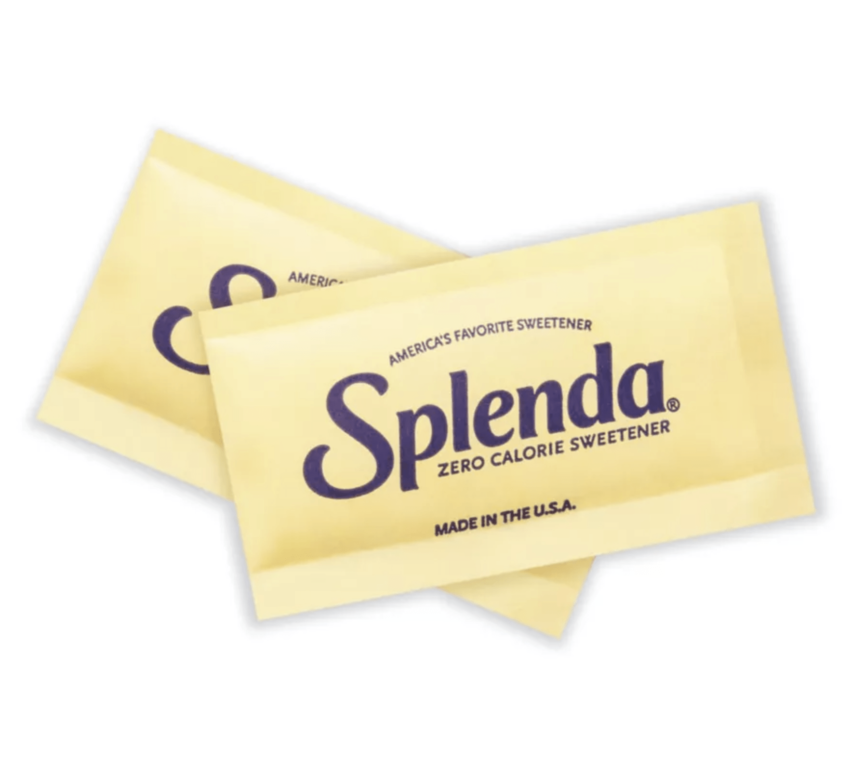- “Adults age 65 and older are more likely than younger people to suffer from cardiovascular disease, which is problems with the heart, blood vessels, or both.” – National Institute on Aging
- “Diabetes is a chronic disease that’s common among older adults, affecting an estimated 33% of people aged 65 and older.” – National Council on Aging
- “People with existing risk factors for heart disease, such as diabetes, were twice as likely to experience a heart attack or stroke if they had the highest levels of erythritol in their blood … [the additive is] artificially manufactured in massive quantities.” – CNN
CNN — A sugar replacement called erythritol — used to add bulk or sweeten stevia, monkfruit and keto reduced-sugar products — has been linked to blood clotting, stroke, heart attack and death, according to a study.
“The degree of risk was not modest,” said lead study author Dr. Stanley Hazen, director of the Center for Cardiovascular Diagnostics and Prevention at the Cleveland Clinic Lerner Research Institute.
People with existing risk factors for heart disease, such as diabetes, were twice as likely to experience a heart attack or stroke if they had the highest levels of erythritol in their blood, according to the study, published February 27 in the journal Nature Medicine.
“If your blood level of erythritol was in the top 25% compared to the bottom 25%, there was about a two-fold higher risk for heart attack and stroke,” Hazen said. “It’s on par with the strongest of cardiac risk factors, like diabetes.”
Additional lab and animal research presented in the paper revealed that erythritol appeared to be causing blood platelets to clot more readily. Clots can break off and travel to the heart, triggering a heart attack, or to the brain, triggering a stroke.
“Some of the diabetes-labeled foods we looked at had more erythritol than any other item by weight.”
…article continued below
– Advertisement –
“This certainly sounds an alarm,” said Dr. Andrew Freeman, director of cardiovascular prevention and wellness at National Jewish Health, a hospital in Denver, who was not involved in the research.
“There appears to be a clotting risk from using erythritol,” Freeman said. “Obviously, more research is needed, but in an abundance of caution, it might make sense to limit erythritol in your diet for now.”
What is erythritol?
Like sorbitol and xylitol, erythritol is a sugar alcohol, a carb found naturally in many fruits and vegetables. It has about 70% of the sweetness of sugar and is considered zero-calorie, according to experts.
Artificially manufactured in massive quantities, erythritol has no lingering aftertaste, doesn’t spike blood sugar and has less of a laxative effect than some other sugar alcohols … read more.
STEP ONE FOODS – Some familiar items that contain erythritol include:
- Truvia®, Splenda®, Vitamin Water Zero®, and Halo Top Ice Cream®.
- Any chewing gum, jelly, chocolate, hard candy, ice cream, yogurt, diet drink or flavored water could contain this ingredient.
…article continued below
– Advertisement –
Because erythritol is not a sugar and because the inclusion of “sugar alcohols” on the Nutrition Facts Panel is voluntary, you need to look in the Ingredient List to determine if the food you are eating contains this substance.
Seeing “sugar alcohols” in the ingredient list may be the only clue that erythritol is present in the food … READ MORE.
